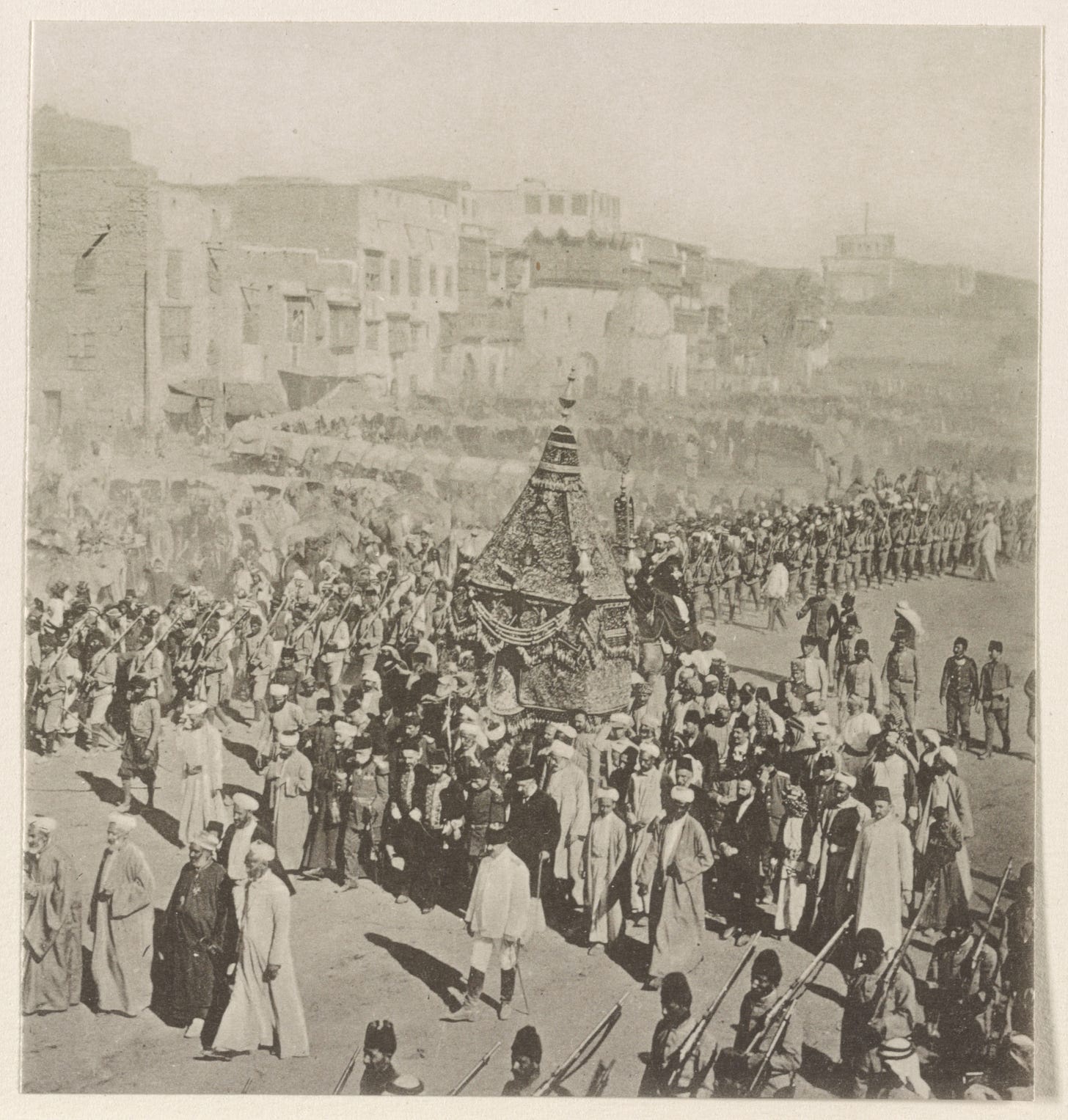Unraveling Complexities: A Deep Dive into the Prophet's ﷺ Seerah
The History of Muslims - 04/30

[View Table of Contents to see other lessons]
Abstract
This lesson aims to address some of the most challenging questions surrounding the life and mission of Prophet Muhammad ﷺ. The exploration covers diverse aspects, such as the proofs of Prophethood, the Quran's nature and impact, the Prophet's ﷺ miracles, the implications of his ﷺ polygamous marriages, and his ﷺ engagement in warfare. This examination serves to provide a more nuanced understanding of these aspects within their historical and cultural contexts.
Introduction
The study of the Prophet Muhammad's ﷺ Seerah often elicits complex questions and doubts, mainly when addressed from contemporary perspectives. This analysis aims to grapple with these inquiries, allowing us to derive lessons and gain insights into the transformative nature of Islam.
Proofs of Prophethood
The substantial evidences of the Prophet's ﷺ Prophethood manifest in various ways. The Quran, with its profound message, unique style, preservation, and widespread memorization, stands as a testament to his ﷺ prophetic status. The Prophet's ﷺ miracles, true dreams, answered prayers, and the palpable impact of his mission on the world offer further attestations.
The Prophet's ﷺ Marriages
Analyzing the Prophet's ﷺ marriages, we find that polygyny was not only a norm in ancient societies but was also necessary for establishing strong tribal ties. Most of his wives were widows or divorcees, and he ﷺ spent most of his life monogamous. Differences in marriage age, a contentious issue today, were not considered problematic in historical societies. Therefore, projecting 21st-century norms onto these historical contexts can lead to misconstrued perceptions.
War, Banu Quraizah, and Apostates
Examining the Prophet's ﷺ engagement in warfare provides an understanding that war was a historical necessity and not an inclination. He ﷺ prioritized peace, trained his army to adhere to strong ethical codes, and strived to minimize casualties. The incident with Banu Quraizah, often scrutinized, resulted from treason. Moreover, apostasy was viewed as a type of treason throughout much of history.
Conclusion
Studying the Seerah should not merely be an accumulation of historical data; instead, it offers essential lessons about Prophet Muhammad ﷺ as a husband, father, teacher, neighbor, friend, and counselor. The swift rise of Islam and the Prophet's ﷺ success in Arabia stand as proof of Islam's veracity, demonstrating that the Seerah, when understood in its complexity, affirms the truth of Islam. The blessings and transformative effects brought by Islam further attest to this.
Keep reading with a 7-day free trial
Subscribe to UmmahArchive.org to keep reading this post and get 7 days of free access to the full post archives.




